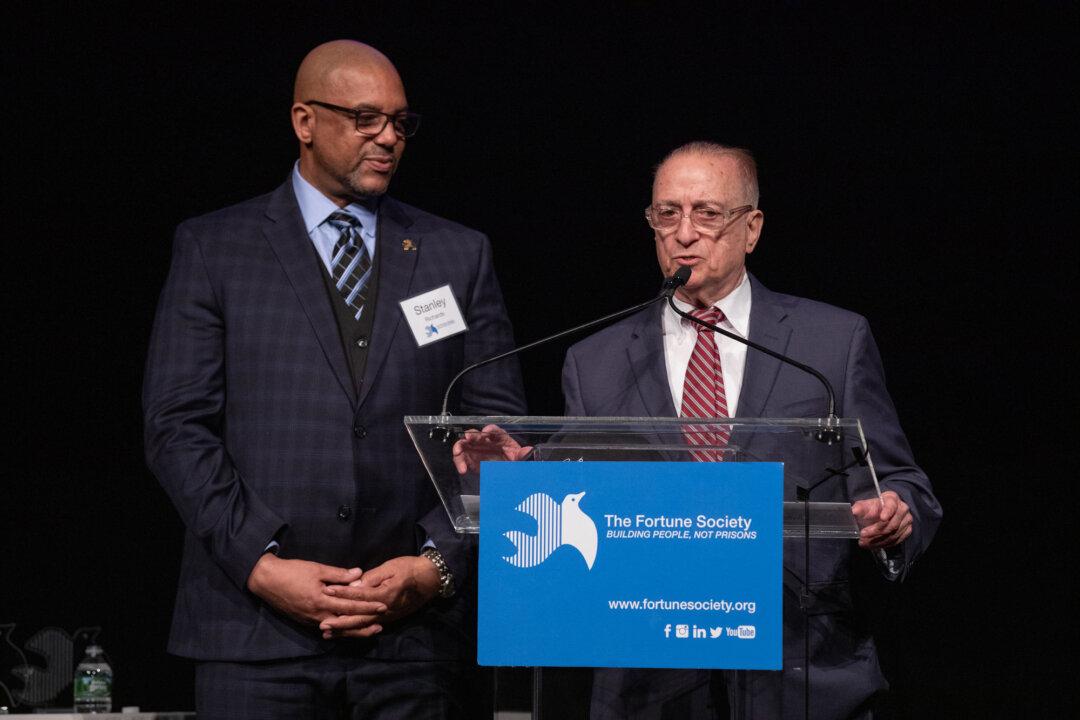NEW YORK–Stanley Richards is one of the most recent appointments to the New York City Board of Corrections, and he brings an invaluable perspective to the group. Unlike his colleagues, he’s spent his fair share of time locked up.
The 57-year-old was born and raised in the Soundview projects in the Bronx. Back in 1961, the neighborhood was a rather tough area, and it was all Richards knew at the time.






